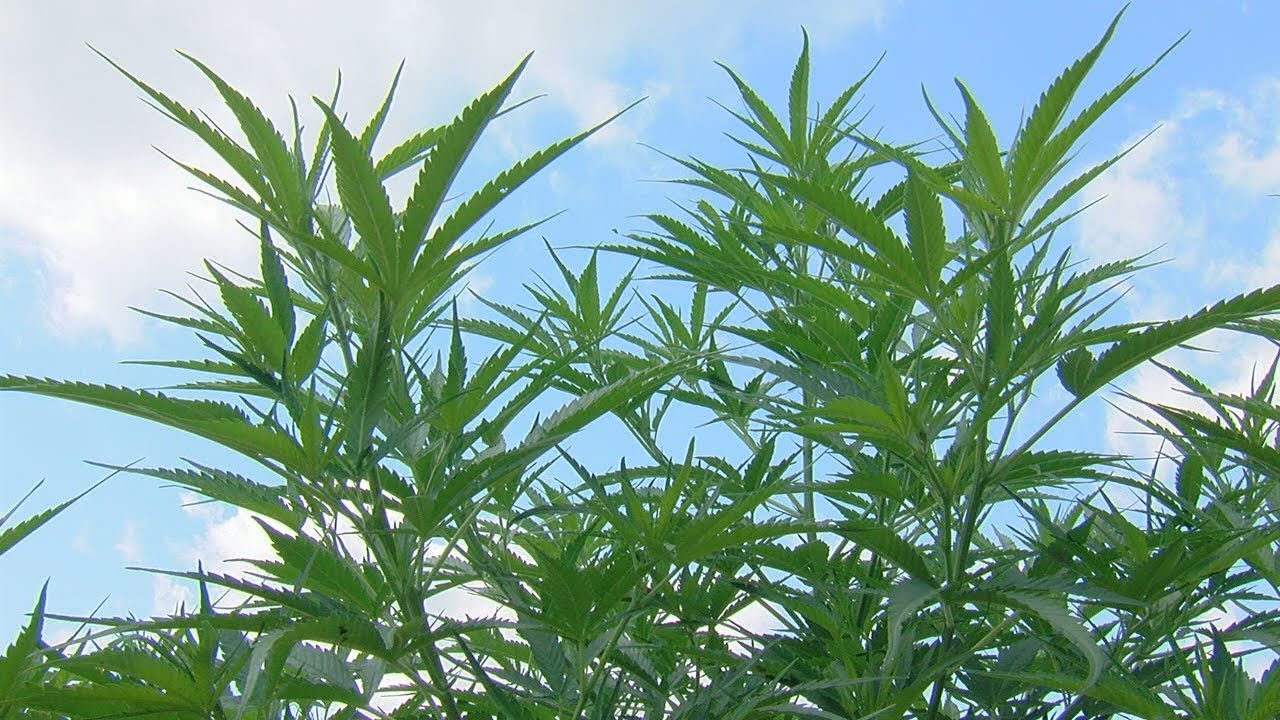COLUMBUS, Ohio (WKRC) – Ohio’s attorney general is discouraging county prosecutors from moving forward with marijuana cases.
It’s all about Ohio’s new hemp law that the governor signed just last week. Ohio became the 47th state in the country to legalize growing, selling and processing hemp, used for making things like clothing and extracting the CBD oil for its health benefits. So, if 46 other states can legalize hemp and not have a problem prosecuting marijuana cases, what’s the problem in Ohio?
Local 12 headed to a farm in Kentucky. It’s all hemp where it used to be all tobacco.
“Tobacco is going downhill pretty significantly. Everyone in Kentucky is looking for something, so hopefully this can be an answer,” said the farmer, one of 1,000 in Kentucky who can legally grow hemp, which is up from 200 last year.
Hemp looks and smells just like marijuana, but it has less than .3 percent THC content, the chemical that makes you high. Marijuana has more than .3 percent.
“Now we have to distinguish the difference between hemp and marijuana. That’s not possible for a human being to do, it has to be done through crime analysis,” said Jason Pappas with Ohio’s Police Union, the FOP.
He says if officers can’t tell the difference, how can they make an arrest? And Ohio’s attorney general says there are no labs in Ohio accredited to test amounts of THC content, including the state’s crime lab. So, he sent a letter to Ohio prosecutors, saying the Bureau of Criminal Investigations is in early stages of validating methods to meet this new legal requirement, something they say may take several months. In the meantime, BCI is recommending prosecutors suspend identification of marijuana testing and do not indict any cannabis-related items.
“It appears to be it’s probably a jab at the legislature for not providing the funding necessary to get the right equipment so that you can do your job,” said John Wright, the Gallatin County prosecutor.
He says he doesn’t have a problem enforcing the law. While there is a lab in Kentucky that can quantitatively measure THC, the backlog is huge. He says he just has to be patient, which is what Hamilton County’s prosecutor says he’s going to do. Joe Deters countered the AG’s letter with his own, telling law enforcement the statute of limitations on felony marijuana charges is six years, so we have plenty of time. Officers should be instructed to investigate these crimes as before. Only the testing and charging will have to wait. Suspected marijuana should be confiscated and held for testing.
The attorney general sent Local 12 an email Friday afternoon saying that new instruments were placed in the Richfield lab last week and will be unboxed in the London lab this week, and they are currently in the process of validating those instruments.
The Columbus city attorney says not only will his office not prosecute misdemeanor pot cases, but he’s also dropping any pending cases.
source



